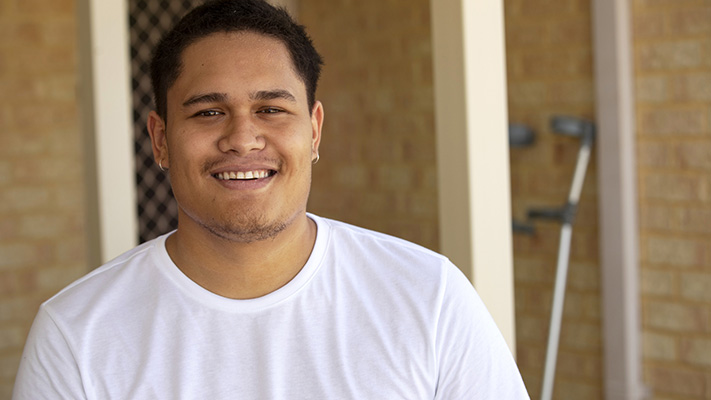The disability sector is a growing and ever-changing industry. With support workers in high demand, there are plenty of opportunities for career progression and growth. Making a positive difference to someone’s life is the icing on the cake.
What does a disability support worker do?
Support workers assist participants to live as independently as possible. Their focus is on promoting emotional and physical wellbeing and their roles vary depending on a participant’s individual needs. Often, no two days are the same.
Support workers are responsible for tasks such as;
• Assisting with personal care such as washing, dressing, toileting and cleaning
• Assisting with domestic tasks and chores including cooking and cleaning
• Helping with shopping and cooking
• Supervising and managing medication
• Transporting participants to outings, social activities and medical appointments
• Providing social support and companionship
• Helping participants to increase their skills, abilities and confidence
Support workers are employed in a variety of settings. These include a participant’s home or workplace, a therapy centre, in the community or within respite homes.
What do disability support workers get paid?
Disability support workers are currently in high demand, and the ongoing prospects are good. According to SEEK , job growth is predicted to increase by 25 per cent over the next five years.
The average salary for a disability support worker is 60k per annum. However, pay rates vary depending on shift allowances, hours worked and experience.
What qualifications or experience does a disability support worker need?
Disability support workers don’t necessarily need any formal qualifications, experience can be enough. However, qualifications are attractive to some employers and provide a platform for career progression, as well as provide theory to back up practical concepts learnt on the job.
Experience and qualifications offer employers’ peace of mind that you understand the industry and are competent in working with participants.
A Certificate III in Individual Support specialising in disability or a Certificate IV in Disability are good starting points for a career. To expand on this, a Diploma of Community Services or a Bachelor or Social Work are beneficial.
What are the career paths for a disability support worker?
As a disability support worker, the experience you gain provides a great springboard for many career paths. Depending on your long-term goals these include;
• allied health assistant
• support coordinator
• admin and management roles
• enrolled nurses and registered nurses
• case manager
How can I reskill as a disability support worker?
Anyone considering a change in career can easily reskill as a disability support worker. Volunteering or working in an entry level role is a good steppingstone into the industry. After this, you can study to get relevant qualifications that can help you pave the way to success.
If you’re interested in a rewarding career in the disability sector, we’d love to hear from you. At Unidex Healthcare we’re always on the lookout for disability support workers who are keen to help others live their best lives.
Author – Unidex Healthcare



